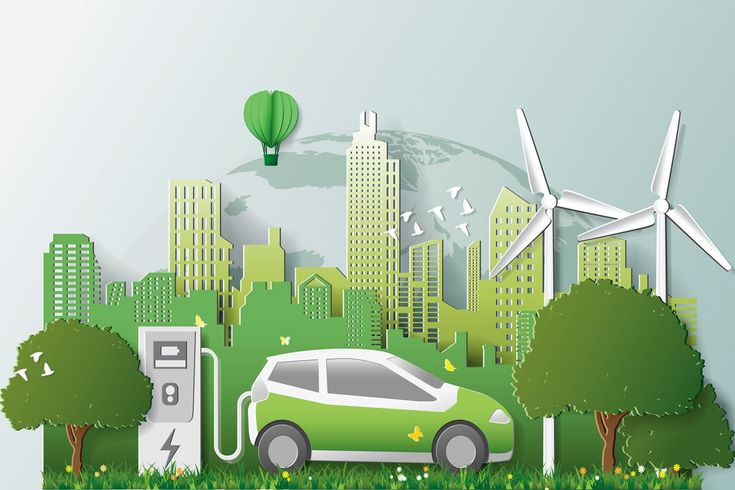Hybrid electric vehicles (HEVs) have gained significant popularity over the years due to their fuel efficiency and reduced environmental impact. However, many potential buyers often wonder about the reliability of hybrid vehicles compared to traditional gas-powered cars. Do hybrids break down more frequently? Let’s explore this topic in detail.
1. Understanding the Mechanics of Hybrid Vehicles
Hybrid vehicles combine an internal combustion engine (ICE) with an electric motor and a battery. This dual system allows hybrids to operate more efficiently, especially in stop-and-go traffic, as they can switch between or combine gas and electric power. While this technology is innovative, it also introduces complexity, which some believe might lead to higher chances of mechanical failure.
Key Components in Hybrids:
- Internal Combustion Engine (ICE): Similar to traditional gas-powered vehicles.
- Electric Motor and Battery: Used for propulsion and energy recovery through regenerative braking.
- Power Electronics: Manage the transition between gas and electric power.
2. Reliability of Hybrid Systems
Contrary to concerns, studies and real-world data show that hybrid vehicles are generally reliable. In fact, many hybrids have proven to be just as durable as, if not more than, their gas-powered counterparts.
Reasons for Reliability:
- Regenerative Braking: Reduces wear and tear on the braking system, leading to longer brake life.
- Engine Longevity: The ICE often runs less frequently, which can extend its lifespan.
- Proven Technology: Hybrid systems have been refined over decades by manufacturers like Toyota, Honda, and Ford.
Example:
Toyota Prius, one of the most popular hybrids, has a reputation for exceptional reliability and longevity, often exceeding 200,000 miles with proper maintenance.
3. Potential Challenges with Hybrids
While hybrids are reliable, their unique components can pose challenges if issues arise:
- Battery Life: Hybrid batteries typically last 8-10 years but can be expensive to replace.
- Complex Systems: The integration of electric and gas power systems can complicate repairs.
- Specialized Maintenance: Not all mechanics are trained to service hybrids, which may limit repair options and increase costs.
4. How Do Gas-Powered Vehicles Compare?
Traditional gas-powered vehicles are simpler in design, with a single power source. This simplicity often translates to fewer specialized repair needs. However, gas-powered cars have their own set of vulnerabilities:
- Higher Engine Wear: The engine runs continuously, leading to more wear and tear over time.
- Frequent Maintenance: Regular oil changes and other routine services are necessary to keep the engine in good condition.
- Fuel Costs: Higher dependency on gasoline can lead to increased operational costs.
5. Breakdown Rates: What Do the Statistics Say?
According to industry studies and consumer reports, hybrid vehicles do not break down more often than gas-powered cars. In fact, some hybrids have lower repair rates due to their regenerative braking systems and less frequent engine use.
Notable Findings:
- Hybrid models like the Toyota Prius consistently rank high in reliability surveys.
- The cost of hybrid repairs is often comparable to or slightly higher than gas-powered vehicles, but major breakdowns are rare.
6. Tips for Maintaining a Hybrid Vehicle
To ensure your hybrid remains reliable, follow these maintenance tips:
- Regular Inspections: Schedule routine check-ups for both the ICE and the hybrid system.
- Battery Care: Monitor battery performance and replace it when necessary.
- Use Certified Mechanics: Choose professionals trained in hybrid technology for repairs.
- Follow Manufacturer Guidelines: Stick to the recommended maintenance schedule.

